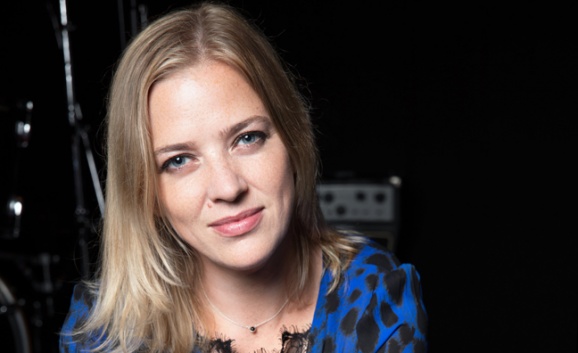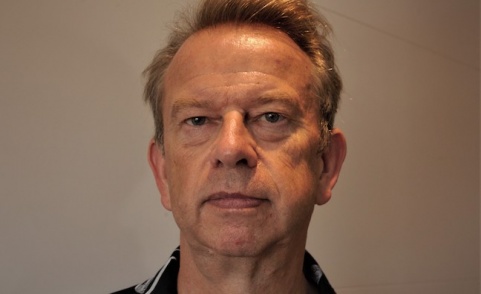analysis
Digital Discourse: Sammy Andrews on what the industry can learn from Snoop Dogg
Deviate Digital CEO Sammy Andrews guides you through the ever-changing tech world... I cover so many subjects here every month, from AI to future tech and marketing, but if there was one column I never thought I’d write, it’s this ...












